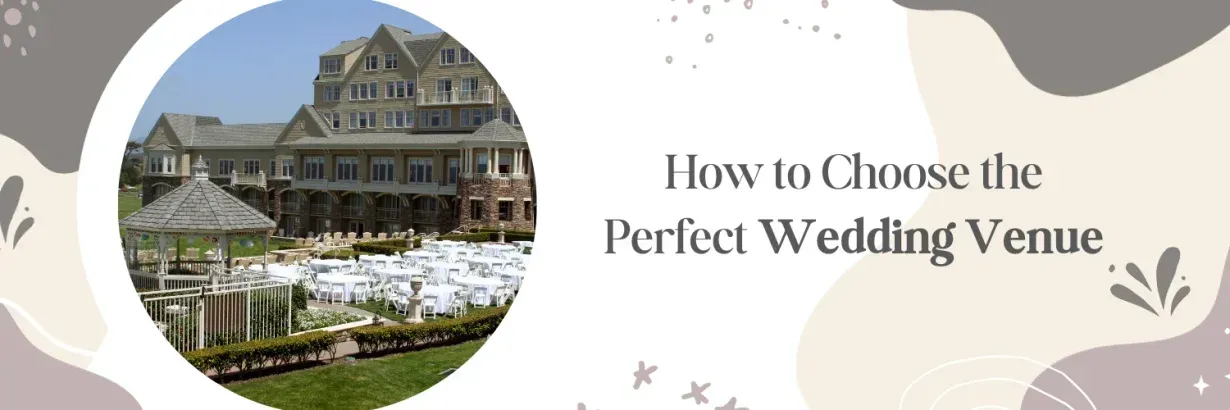
How to Choose the Perfect Wedding Venue
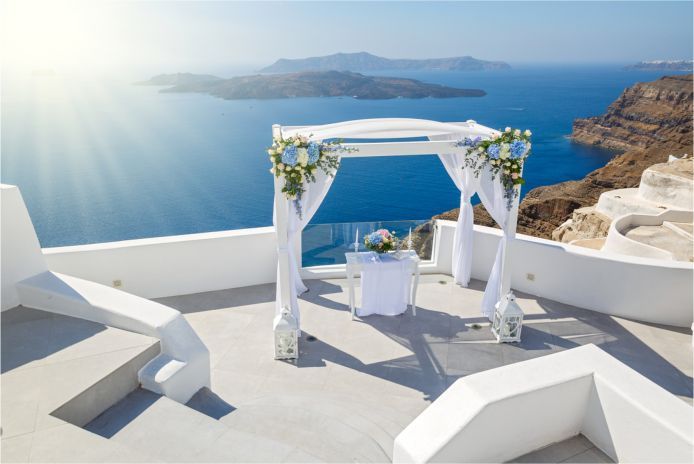
Your wedding day is one of the most significant and memorable days of your life. The wedding venue is one of the key elements that sets the stage for this unforgettable event. It’s more than just a location—it’s where your marriage begins and reflects the story you want to tell. The proper venue can transform your wedding into an extraordinary experience for you and your guests.
Choosing the perfect venue, however, can be a daunting task. With many options available, from rustic barns to elegant ballrooms, from tranquil beaches to lush gardens, how do you decide which suits your special day? This decision is not just about aesthetics; it’s about finding a place that accommodates your guests comfortably, fits within your budget, and aligns with your logistical needs.
Understanding Your Wedding Vision
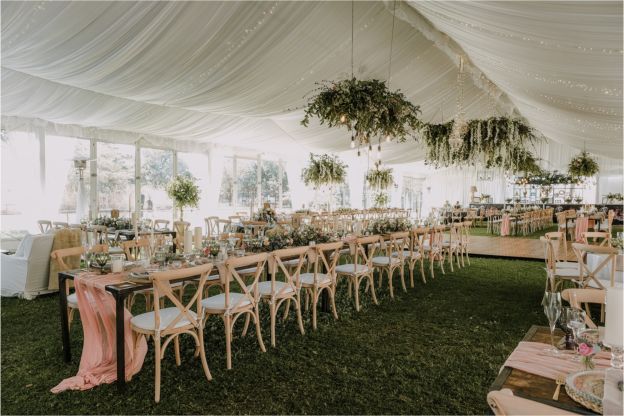
Reflecting on Your Style and Theme
Your wedding is a reflection of your personal style and the unique story you share as a couple. The theme and type you choose set the tone for the entire event. If you envision a rustic, country-style wedding, look for venues like barns, farms, or vineyards that offer a natural, rural charm. A chic city loft or a modern art gallery could be the perfect backdrop for those dreaming of a sophisticated, urban feel.
If a breezy, laid-back vibe is more your style, consider beachfront locations or coastal resorts. It’s essential to choose a venue that not only accommodates your theme but also enhances it. Pay attention to the architecture, existing décor, and overall venue ambience. These elements should complement your vision, creating a cohesive and immersive experience for you and your guests.
Estimating Guest Count and Space Requirements
One of the first steps in venue selection is determining the size of your wedding. The number of guests you plan to invite will significantly influence your choice of venue. Look for cozy spaces for smaller, more intimate weddings that create a warm and inviting atmosphere. If planning a more prominent, grand affair, ensure the venue comfortably accommodates everyone. This isn’t just about the maximum capacity; consider the layout and flow of the space. Is there enough room for dining, a dance floor, and other activities you plan to include?
Think about the comfort of your guests as well – is there enough space for people to move around without feeling cramped, or so much space that it feels sparse and empty? Finding that perfect balance is key to ensuring a comfortable and enjoyable experience for everyone involved.
Considering the Season and Weather
The season in which you plan to marry significantly impacts your venue choice. Each season brings its own charm and challenges. For instance, a summer wedding opens up possibilities for beautiful outdoor venues, such as beaches, gardens, or parks. However, it’s essential to consider the comfort of your guests in warmer weather and have plans for shade or cooling systems.
Winter weddings, while magical, often require an indoor venue to keep guests warm and comfortable. If you’re drawn to the beauty of a particular season, like the blossoms of spring or the rich colours of fall, look for venues that showcase these natural elements. Always have a backup plan for weather-related issues, especially if you’re considering an outdoor venue. Unexpected rain or a sudden temperature drop shouldn’t ruin your special day, so ensure your chosen venue can accommodate a shift to an indoor setting if necessary.
By considering these factors, you’ll be able to select a venue that not only matches your vision but also ensures a seamless celebration, regardless of what the weather might bring.
Setting Your Wedding Venue Budget
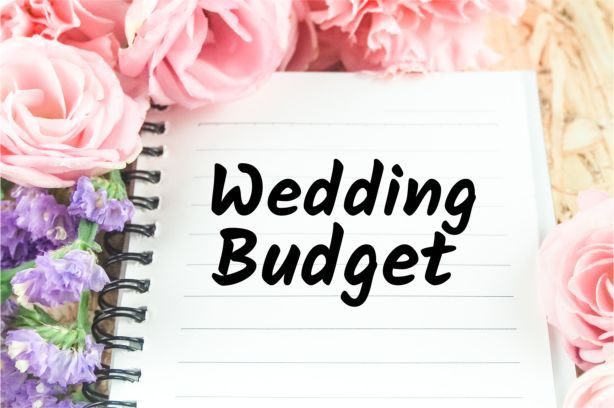
Understanding Venue Costs
One of the first and most important steps in choosing your wedding venue is understanding and setting a realistic budget. Wedding venues can range significantly in cost, influenced by various factors such as location, size, and amenities. Some venues may charge a flat rental fee, which typically includes the use of the space for a set number of hours and may or may not include additional services like catering or equipment rental. Others charge on a per-head basis, which can vary depending on the level of service and type of menu you choose.
When considering costs, it’s crucial to understand what is included in the price. Does the cost cover essentials like tables, chairs, and linens, or will these incur additional charges? Are there extra fees for setup and cleanup? Understanding these details will help you accurately assess how a venue fits into your overall budget and avoid any unexpected expenses down the line.
Balancing Budget and Expectations
Finding a balance between what you dream of for your wedding day and what your budget allows can be one of the most challenging aspects of planning your wedding. Identifying which elements of your wedding are non-negotiable and which areas you’re willing to compromise on is essential. For example, if having your wedding in a specific location is most important to you, you might choose to compromise on other elements like decor or catering options. Alternatively, if having a particular type of venue is your top priority, you might decide to reduce your guest list to accommodate a higher per-head cost.
It’s all about finding the right balance that allows you to have the wedding you want without stretching your finances too thin. Honest and open communication with your partner about your priorities and budget is essential in making decisions you’ll both be happy with.
Tips for Cost-Effective Venue Options
If you’re looking for ways to stretch your venue budget further, consider these tips:
- Off-Peak Season and Weekday Bookings: Many venues offer reduced rates during their off-peak season or for weekday weddings. This can be a great way to secure your dream venue at a fraction of the cost.
- All-Inclusive Packages: Some venues offer packages that include catering, decorations, and even a DJ or band. These packages can often be more cost-effective than hiring individual vendors.
- Look Beyond Popular Areas: Venues located just outside popular areas or in less sought-after locations can offer better value for money without compromising on style or quality. These venues can provide a similar aesthetic and level of service at a more affordable price point.
Researching and Shortlisting Venues
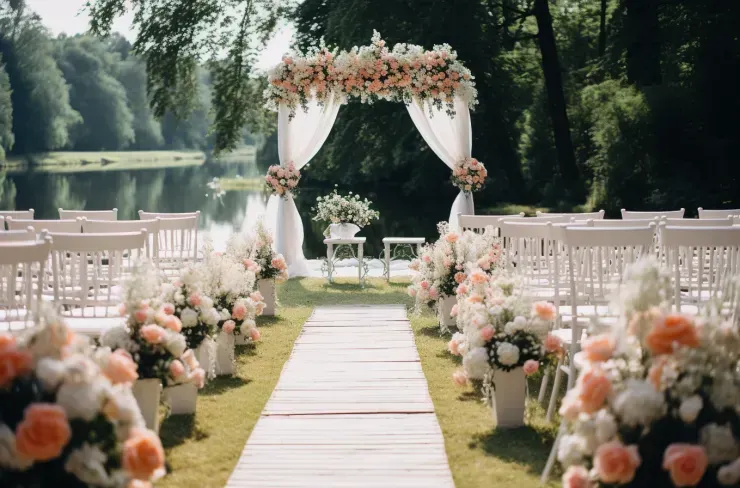
Online Research and Recommendations
The journey to finding your perfect wedding venue often begins in the digital world. Utilising online resources can be immensely helpful in creating a preliminary list of potential venues. Wedding websites and bridal forums often feature comprehensive lists and reviews of venues, complete with photos, pricing, and real couples’ experiences. Social media platforms like Instagram and Pinterest can also offer a wealth of visual inspiration and direct links to venue profiles. Pay attention to the comments and reviews on these platforms, as they can provide honest insights and feedback.
Additionally, don’t underestimate the value of personal recommendations. Speak to friends, family members, or colleagues who have recently tied the knot. Their firsthand experiences with venues in your area can provide invaluable insights you might not find online. They can share details about their experiences with venue staff, the quality of service, and even hidden costs they encountered.
Making the Most of Wedding Shows and Expos
Wedding shows and expos are treasure troves for couples planning their weddings. These events bring together many wedding vendors, including venue representatives, under one roof. They provide a unique opportunity to explore different venue options, collect brochures, and benefit from show-only discounts. When attending these events, be prepared with a list of questions to ask the venue representatives. Inquire about availability, package options, and what makes their venue unique. Take notes and gather business cards for future reference. These events can also be an excellent opportunity to get a feel for current wedding trends and how different venues adapt to them.
Scheduling Venue Visits
After narrowing down your list, the next step is to schedule visits to these venues. While online research and recommendations are helpful, nothing compares to experiencing a space in person. Arrange tours of each venue to assess the space, ambience, and how well it aligns with your vision. During these visits, observe the venue’s layout, the natural flow between different areas (ceremony, reception, dance floor), and the overall condition and cleanliness of the space.
This is also the time to interact with the venue staff. Assess their professionalism, responsiveness, and willingness to accommodate your needs. Ask about logistics like parking, accessibility, and any restrictions the venue may have. Remember, the venue staff will be a significant part of your wedding experience, so it’s important to ensure they are people you feel comfortable working with.
Evaluating Potential Venues
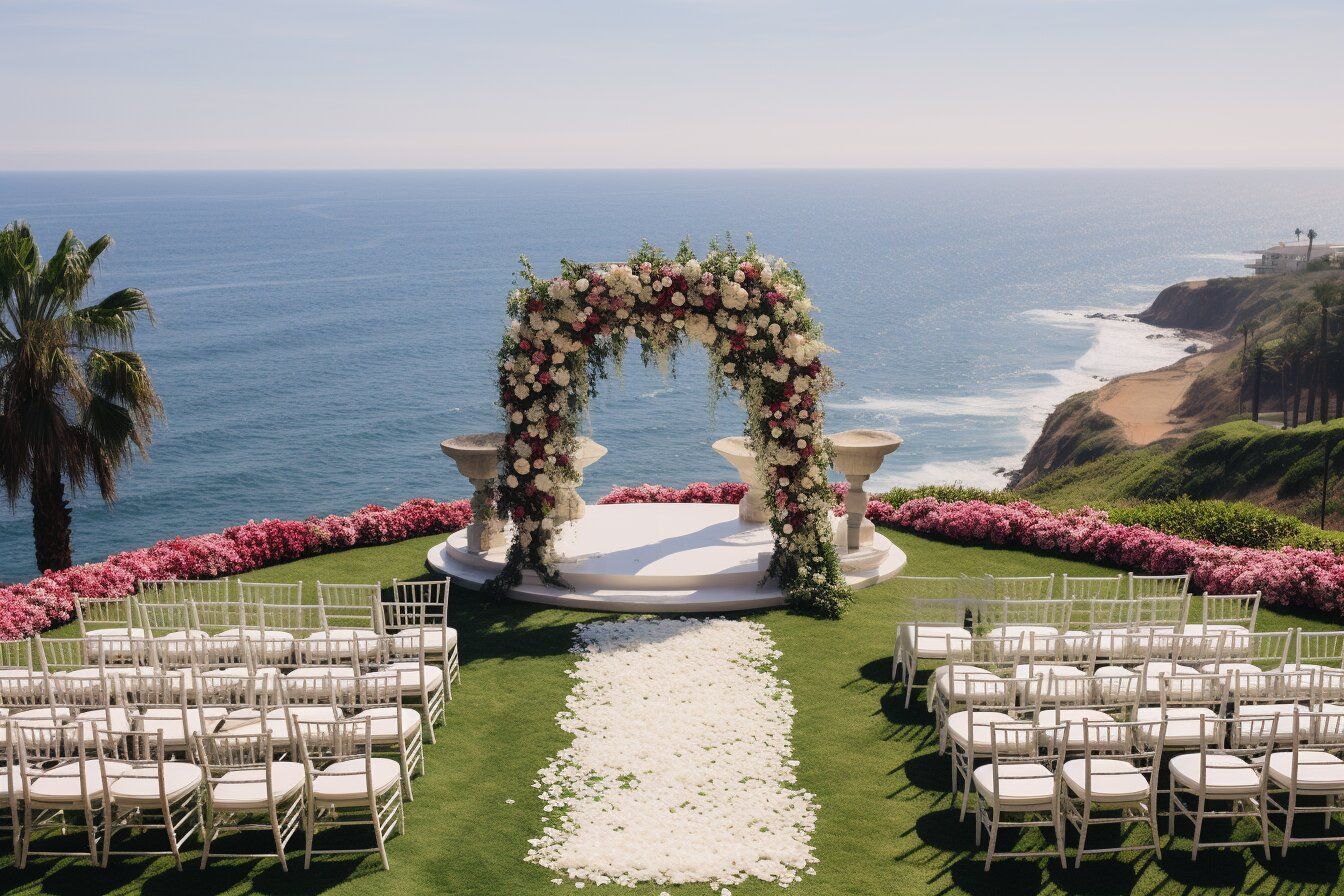
Key Questions to Ask During Visits
When visiting potential venues, it’s crucial to gather as much information as possible to make an informed decision. Prepare a list of key questions to ask during your visits. Start by inquiring about the availability of the venue on your preferred date and the maximum capacity it can accommodate. Understanding the venue’s restrictions, such as noise curfews or specific vendor policies, is essential to determine if it aligns with your wedding plans. Ask about what is included in the rental fee. Does it cover essentials like tables, chairs, and linens, or are these additional costs?
For venues with outdoor spaces, inquire about their backup plans in case of bad weather. Knowing the venue’s contingency plan for unforeseen weather conditions is crucial, especially if you’re planning an outdoor ceremony or reception. Additionally, check on parking and accessibility options, especially if you have guests with mobility challenges. Ensure there is ample parking and the venue is accessible for everyone attending your wedding.
Assessing Amenities and Accessibility
Evaluate the amenities each venue offers and how they align with your needs. If you require a bridal suite for getting ready or a space for a quiet moment during the celebrations, ensure the venue can provide this. Check if they have in-house audio-visual equipment or if you’ll need to bring in your own. On-site catering services can simplify your planning process, but if you have a specific caterer in mind, make sure the venue allows external vendors.
Accessibility is a critical aspect of your venue selection. Consider the needs of all your guests, including those with disabilities or mobility issues. Ensure there are ramps, elevators, and accessible restrooms. Your wedding should be an event where every guest feels comfortable and welcome.
Understanding Contracts and Policies
Before making your final decision, it’s important to review the venue’s contract and policies thoroughly. Pay close attention to the cancellation and postponement policies. Understand what happens if you change your date or cancel the booking. What are the financial implications in such scenarios?
Review the payment schedule to understand when deposits and final payments are due. Clarify any clauses about damages or extra charges that may arise. Inquire about insurance requirements and if the venue has liability insurance. Understanding these details will help you avoid any surprises or misunderstandings later on.
By asking these critical questions, assessing amenities and accessibility, and thoroughly understanding the contract and policies, you can confidently choose a venue that not only meets your expectations but also provides peace of mind as you plan your special day.
Making the Final Decision
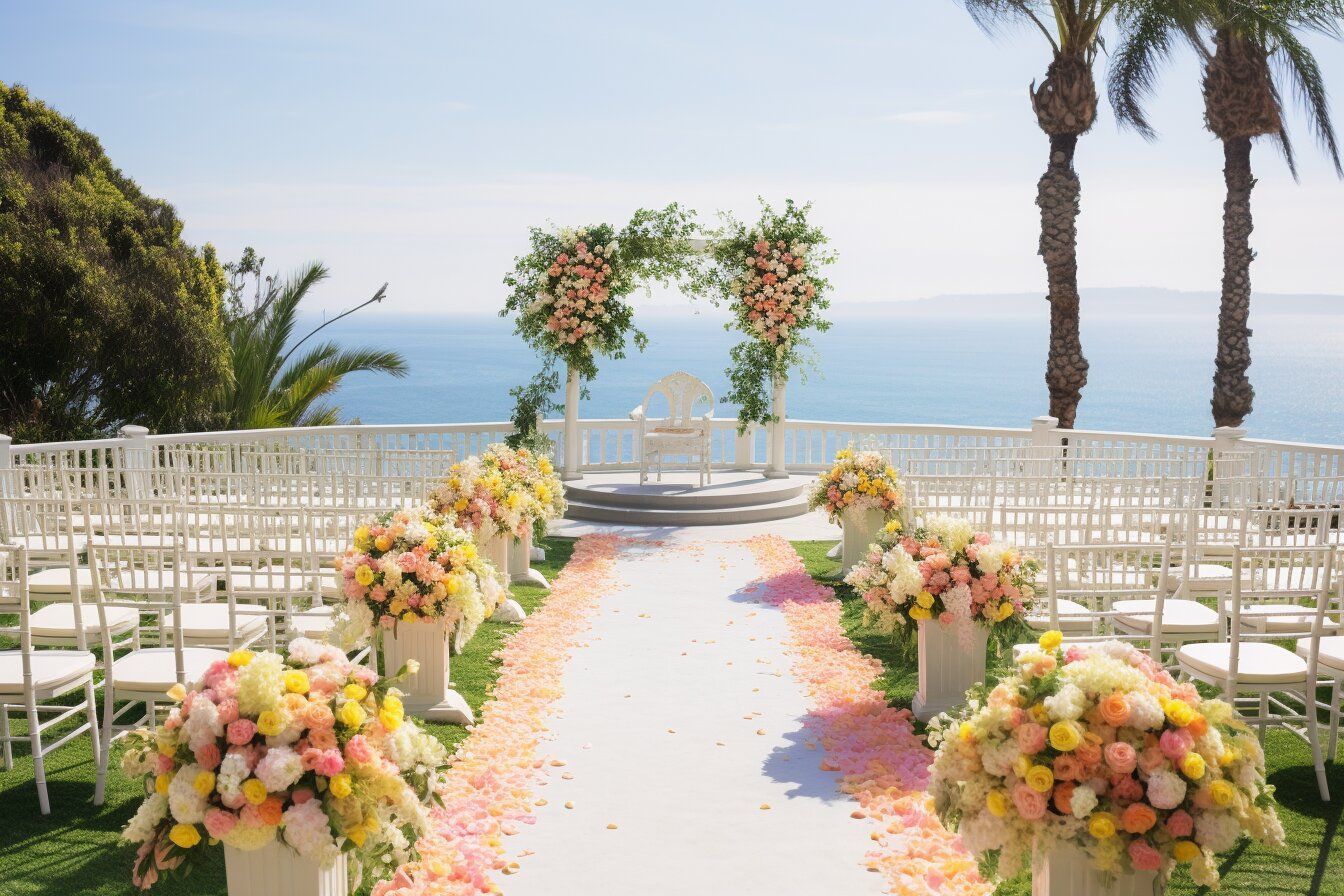
Compare Shortlisted Venues
After visiting and evaluating your shortlisted venues, it’s time to make the final decision. This involves a careful comparison of each venue’s pros and cons. Create a comparison chart or a list that includes factors like location, cost, capacity, available amenities, and the overall atmosphere and aesthetic of each venue.
Consider how each venue aligns with your priorities. Does it have the right ambience for your wedding theme? Is it within your budget, and does it offer good value for the price? How well does it accommodate your guest list? Does it have all the necessary amenities, and is it located conveniently for your guests? Evaluate each factor in relation to what is most important to you and your partner. This systematic approach can help you objectively assess each venue and how it fits into your vision for your wedding day.
Listen to Your Gut Feeling
While objective factors like cost and capacity are crucial, your emotional connection with a venue is also essential. Sometimes, a venue might check all the boxes on paper but still not feel right, while another might feel perfect even if it doesn’t meet every criterion. Trust your instincts in this process. If you find yourself continuously drawn back to a particular venue or if you can vividly imagine your wedding taking place there, these feelings are worth considering. Your wedding day is a personal and emotional event, and the venue plays a significant role in setting the tone.
Finalise and Book Your Venue
Once you’ve chosen, the next step is to finalise and book your venue. Contact the venue to confirm your date and begin the booking process. It’s essential to get everything in writing. Carefully review the contract provided by the venue. Ensure that it includes all previously discussed details, such as the date and time, the spaces you’ll have access to, what services and amenities are included, the payment schedule, and the cancellation and postponement policies.
Don’t hesitate to ask questions or request clarifications about any part of the contract that isn’t clear. Once you are comfortable with the agreement, sign it and make any required deposits to secure your booking. Remember, this is a significant moment in your wedding planning journey – where you’ll celebrate one of the most important days of your life is now set, and you can move forward with planning the rest of your wedding with excitement and confidence.
Conclusion
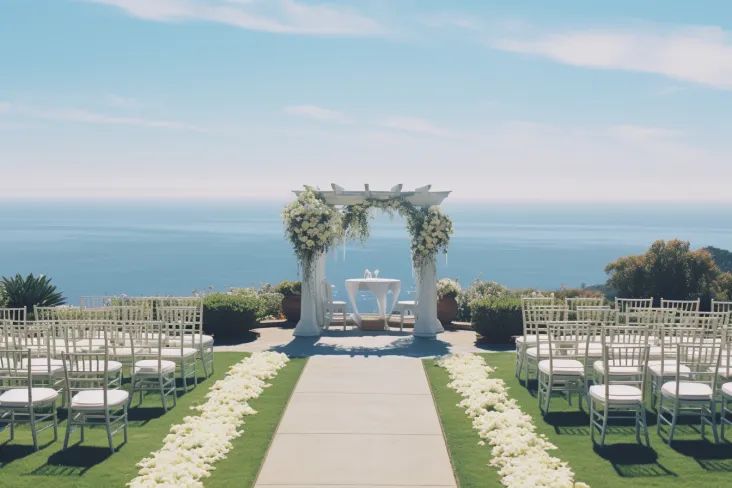
Selecting the perfect wedding venue is a beautiful journey that intertwines your aspirations with real-world practicalities. It’s about bringing the vision of your special day to life while keeping your feet firmly planted in logistical realities. By carefully considering your style and theme, understanding the financial implications, and diligently researching and evaluating your options, you’re well on your way to discovering a venue that doesn’t just meet your expectations but surpasses them. The ideal setting for your wedding is out there, waiting to be a part of your love story.
To ensure that every aspect of your day is as flawless as your chosen venue, consider the expert wedding makeup services offered by Tina Kristen Weddings. Our team of professional makeup artists is dedicated to creating a look that reflects your personal style and complements the elegance of your wedding. Contact us to explore how we can add a touch of glamour and confidence to your wedding day experience.
FAQs
Q: What is the average cost of a wedding venue?
The cost varies widely depending on location, size, and amenities. Research local venues for a better idea of pricing in your area.
Q: How far in advance should I book a wedding venue?
Ideally, book your venue at least 12-18 months in advance, especially if you have a specific date.
Q: What are some unexpected costs associated with wedding venues?
Hidden costs include service charges, gratuities, setup and cleanup fees, and overtime charges.
Q: Can I negotiate prices with wedding venues?
There’s often room for negotiation, especially for off-peak dates or more prominent bookings.
Q: How do I handle guest accommodations if the venue is far?
Consider arranging transportation or providing a list of nearby accommodations with varying price ranges for your guests.
